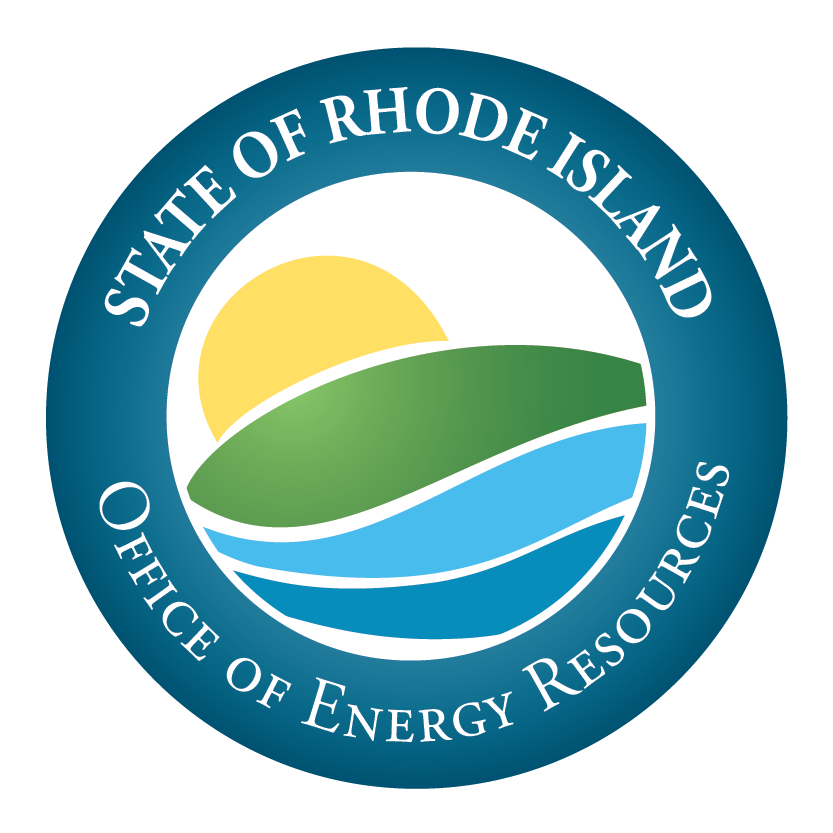Learn About Natural Gas
Find answers to your questions about natural gas:
Natural gas plays a crucial role in Rhode Island’s energy economy. Nearly all in-state power plants rely on natural gas as a fuel source. Gas also supplies the majority of in-state heating energy needs.
Natural gas is not a fuel indigenous to New England. Gas brought into the region originates primarily from production in the Appalachian region, the Gulf Coast, and to a lesser extent, Canada. The vast majority of natural gas consumed in Rhode Island arrives via pipelines developed and operated by the Algonquin Gas Transmission Company and the Tennessee Gas Pipeline (TGP) Company. The remainder is transported as liquefied natural gas (LNG) to the state via tanker trucks. The Algonquin Gas Transmission is an interstate pipeline that transports natural gas from New Jersey throughout New England. The TGP is a major interstate pipeline that extends from the Texas / Mexico border to eastern Massachusetts.
Rhode Island Energy, Rhode Island’s only natural gas distribution company, manages the retail delivery of gas to end users in the state. The local gas distribution system operated by Rhode Island Energy serves approximately 257,000 residential, commercial, and industrial customers using a network of over 3,200 miles of mains. Rhode Island Energy also owns and operates three LNG storage facilities in the state.
Rhode Island allows businesses to choose a competitive, third-party natural gas supplier, while still relying on the local gas utility for distribution service. Competitive gas supply had previously only been available to larger commercial and industrial users, but is now being made available to all commercial customers. Residential customers are prohibited from obtaining natural gas from a supplier other than Rhode Island Energy.
The Public Utilities Commission provides information for business customers considering switching to competitive natural gas supply.
Rhode Island is home to approximately 2 gigawatts (GW) of electric generating capacity, with six power plants over 50 megawatts (MW). Most of these power plants are owned and managed by merchant (non-utility) generation companies. Virtually all major generating facilities in the state use natural gas as the primary fuel. In 2016, natural gas-fired power plants accounted for approximately 98 percent of in-state generation capacity.
The U.S. Energy Information Administration provides Rhode Island-specific energy consumption and expenditure data. The Rhode Island State Energy Plan provides additional Rhode Island-specific energy information and background.
